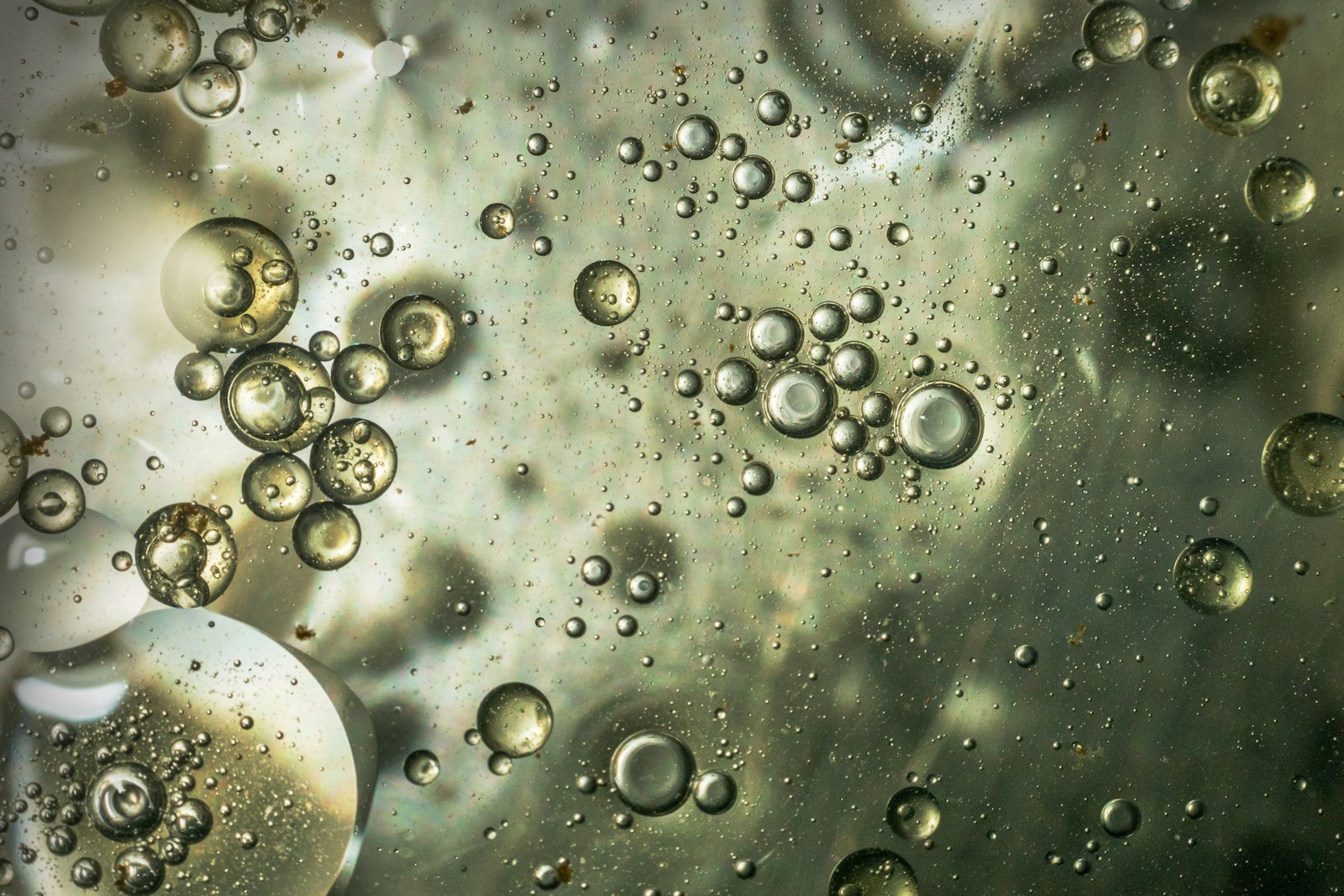Selecting the appropriate concrete mix for your construction work in Albuquerque is extremely important. The city has a distinct climate that includes high desert conditions, significant changes in temperature, and the potential for freeze-thaw cycles. By recognizing these environmental factors, you can guarantee your concrete structures will remain strong, work well, and look great. This guide will help you through the main points to consider when picking a concrete mix suitable for the conditions found in Albuquerque.
Grasping Albuquerque’s Climate
Albuquerque sees a semi-arid climate with low humidity levels and incredibly hot temperatures during the summer, often exceeding 90°F (32°C). The winter months can bring quite a chill, with nighttime temperatures sometimes dipping below freezing. These weather patterns present unique challenges when working with concrete:
- High Heat: The quick evaporation of water from freshly poured concrete can lead to cracks.
- Freeze-Thaw Problems: The freezing and thawing process can cause the concrete to expand and shrink, possibly leading to damage if not managed properly.
Understanding these climatic issues is vital to picking a concrete mix that can hold up well against such conditions.
Important Considerations for Choosing a Concrete Mix
Understanding several factors will help you select the most suitable concrete mix for your Albuquerque project:
1. Type of Project
The nature of your project determines the appropriate kind of concrete mix. Here are a few examples:
- Driveways and Patios: These areas need a reliable mix that can support vehicle weight and fight cracks. A mix with a compressive strength of at least 3,000 psi is generally advised.
- Foundations: For achieving structural integrity, a stronger mix (4,000 psi or more) may be required.
- Decorative Concrete: If you want a visually appealing finish (like stamped designs), you might consider mixes that have additives to enhance color and texture.
2. Water-Cement Ratio
The ratio of water to cement in the mix is crucial for the durability and strength of the concrete. Generally, a lower ratio leads to stronger concrete, but it can make the mix harder to work with. Given Albuquerque’s low humidity, keeping moisture during the curing process is essential. Find a mix that supports proper hydration without making it difficult to use.
3. Additives and Admixtures
Consider adding certain chemicals to improve your concrete mix’s performance:
- Retarders: These help slow the curing process, which is useful in hot weather to prevent quick evaporation.
- Air-Entraining Agents: These agents introduce tiny air pockets into the concrete to reduce freeze-thaw damage risks.
- Waterproofing Additives: If your project must resist moisture, look into waterproofing admixtures.
4. Local Materials
Using materials sourced locally can increase the effectiveness of your concrete mix. The aggregates found in and around Albuquerque may have qualities that align nicely with the local climate. Talk to your contractor about using materials that have shown good performance in previous regional builds.
The Importance of Local Contractors
It is vital to work with a contractor who understands the specific climate of Albuquerque to help you find the best concrete mix. Local contractors comprehend local regulations and how to adapt mixes for distinct environmental features. They can offer insightful advice on which mixes have worked well in similar projects in your area.
Advantages of Local Expertise
- Understanding Local Conditions: Knowledgeable contractors are aware of how Albuquerque’s weather influences curing and long-term resilience of concrete.
- Personalization: They can tweak mixes to match the specific needs of your project while also ensuring compliance with local standards.
- More Convenient Communication: Being based locally allows for better communication and quicker handling of any construction-related issues.
Assessing Different Concrete Mix Options
When reviewing what concrete mixes are available, keep the following points in mind:
1. Strength Requirements
Identify the compressive strength you need for your project. A structural engineer or skilled contractor can provide the guidance needed to evaluate these requirements accurately.
2. Durability Analysis
Look into how various mixes are expected to hold up under Albuquerque’s climatic conditions. Focus on mixes designed to tackle freeze-thaw cycles and resist cracks from temperature changes.
3. Cost Factors
Different mixtures vary in costs, depending on the materials and additives incorporated. It’s important to stick to your budget, but focus on quality when it comes to crucial structural features.
Techniques for Curing
Curing your concrete effectively is essential to gain desired strength:
- Moist Curing: Keeping the surface wet helps avoid rapid evaporation and results in improved strength.
- Curing Compounds: These sprays help maintain moisture on the surface while eliminating the need for continuous watering.
In the dry conditions of Albuquerque, solid curing practices are crucial to reducing surface cracks and ensuring enhanced durability.
Final Thoughts
Choosing the right concrete mix for projects in Albuquerque requires knowledge of the unique climate challenges. Collaborating with experienced local contractors like albuquerqueconcrete.org ensures more effective solutions. By mindful of project needs, material characteristics, and appropriate curing methods, you can make concrete structures that are both eye-catching and built to last.
Taking the time to select the proper mix will surely pay off in the form of impressive durability and performance, resulting in successful construction achievements that meet practical requirements and visual preferences.






